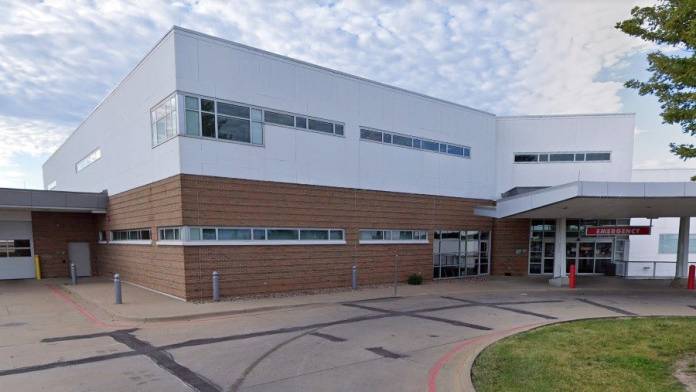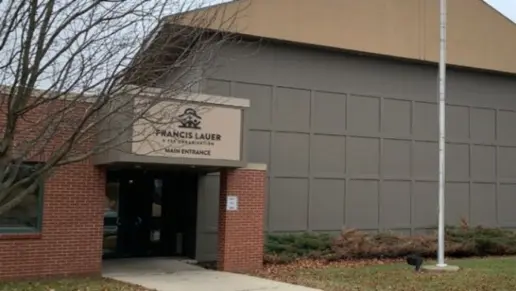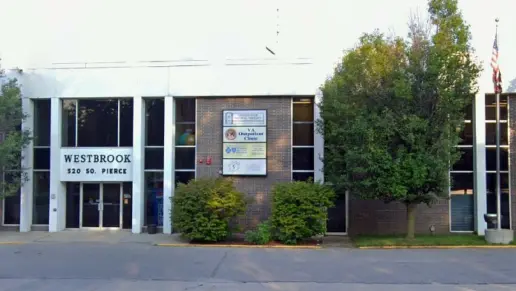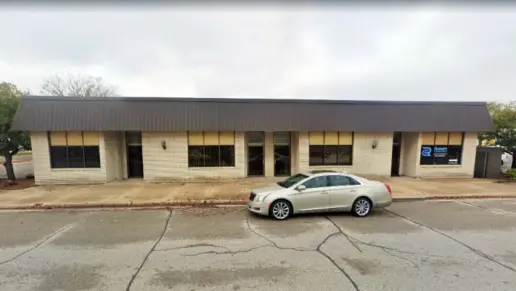About Mental Health — Southeast Iowa Regional Medical Center, West Burlington
Great River Mental Health Addiction Services provides psychiatry and mental health resources in Southeast Iowa. Located in West Burlington, this medical center provides mental health professionals that can help adults deal with substance abuse, anger, depression, anxiety, eating disorders, unresolved trauma, and many other concerns.
Clinicians at Great River Mental Health Addiction Services provide treatment for mental health conditions. Staff will work together with patients and their families to manage addictions and illnesses. Treatment will be personalized for each client and may include a combination of medication management, evaluations, psychological testing, psychiatry, and counseling to address the harmful behaviors that are part of substance abuse.
In some cases, staff may refer clients to more intense treatment such as residential drug rehab.
Great River Mental Health Addiction Services accepts many insurance providers such as United Healthcare, Ambetter, BlueCross/BlueShield, Anthem, Cigna, Humana and Beacon. Please contact your insurance provider to verify coverage because out of network benefits can vary.
Latest Reviews
Rehab Score
Gallery

Location
Accepted Insurance

Other Forms of Payment
Private insurance refers to any kind of healthcare coverage that isn't from the state or federal government. This includes individual and family plans offered by an employer or purchased from the Insurance Marketplace. Every plan will have different requirements and out of pocket costs so be sure to get the full details before you start treatment.
Self-pay involves paying for treatment out of your own pocket. You can use savings or credit, get a personal loan, or receive help from family and friends to fund your treatment. If you don't have insurance or your insurance plan doesn't cover a specific program, self-pay can help ensure you still get the care you need.
Financial aid can take many forms. Centers may have grants or scholarships available to clients who meet eligibility requirements. Programs that receive SAMHSA grants may have financial aid available for those who need treatment as well. Grants and scholarships can help you pai for treatment without having to repay.
Medicare is a federal program that provides health insurance for those 65 and older. It also serves people under 65 with chronic and disabling health challenges. To use Medicare for addiction treatment you need to find a program that accepts Medicare and is in network with your plan. Out of pocket costs and preauthorization requirements vary, so always check with your provider.
Medicaid is a state based program that helps lower-income individuals and families pay for healthcare. Medicaid covers addiction treatment so those enrolled can use their coverage to pay for rehab. When a program accepts Medicaid the client often pays very little or nothing out of their own pocket.
Military members, veterans, and eligible dependents have access to specific insurance programs that help them get the care they need. TRICARE and VA insurance can help you access low cost or no cost addiction and mental health treatment. Programs that accept military insurance often have targeted treatment focused on the unique challenges military members, veterans, and their families face.
Addiction Treatments
Levels of Care
Treatments
The goal of treatment for alcoholism is abstinence. Those with poor social support, poor motivation, or psychiatric disorders tend to relapse within a few years of treatment. For these people, success is measured by longer periods of abstinence, reduced use of alcohol, better health, and improved social functioning. Recovery and Maintenance are usually based on 12 step programs and AA meetings.
Drug rehab in Iowa is available in many formats. A variety of inpatient and outpatient options provide programs that are tailored to individual needs, making recovery possible for everyone.
A combined mental health and substance abuse rehab has the staff and resources available to handle individuals with both mental health and substance abuse issues. It can be challenging to determine where a specific symptom stems from (a mental health issue or an issue related to substance abuse), so mental health and substance abuse professionals are helpful in detangling symptoms and keeping treatment on track.
Opioid rehabs specialize in supporting those recovering from opioid addiction. They treat those suffering from addiction to illegal opioids like heroin, as well as prescription drugs like oxycodone. These centers typically combine both physical as well as mental and emotional support to help stop addiction. Physical support often includes medical detox and subsequent medical support (including medication), and mental support includes in-depth therapy to address the underlying causes of addiction.
Programs


Clinical Services
Group therapy is any therapeutic work that happens in a group (not one-on-one). There are a number of different group therapy modalities, including support groups, experiential therapy, psycho-education, and more. Group therapy involves treatment as well as processing interaction between group members.
Individual therapy sessions offer you a personalized approach that involves an in depth exploration of your life experiences and patterns of substance use disorder. This helps your therapist identify harmful behaviors and thoughts and helps you recognize them so you have a deeper understanding of addiction and make positive changes in your life.
Nicotine replacement therapy in Iowa is designed to prevent relapse when you quit smoking. It is a short term treatment method that minimizes withdrawal symptoms and cravings. Always take your therapy at the recommended dose, and speak to your doctor if you're unsure which type is best for your needs.
Contact Information
1225 S Gear Ave
# 251
West Burlington, IA 52655


